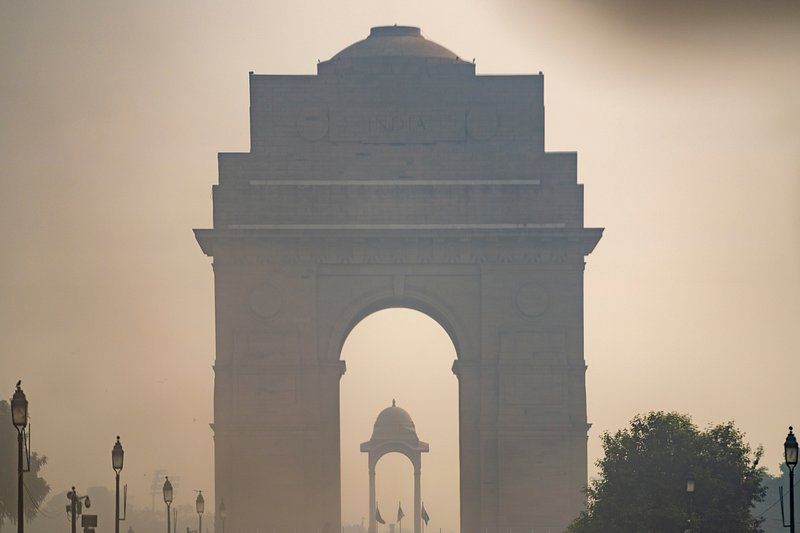The Global Refugee Crisis: A Growing Humanitarian Emergency

Introduction The global refugee crisis has emerged as one of the most urgent humanitarian challenges in recent decades. Every year, millions of individuals are forced to flee their homes due to violence, persecution, natural disasters, and political instability. This crisis has put immense pressure on nations and international organizations to provide assistance while protecting the rights and dignity of those displaced. This article explores the causes, impacts, and responses to the global refugee crisis, offering a deeper understanding of its complexities.
Primary Causes of Refugee Displacement The reasons why people become refugees are varied and often beyond their control. Some of the most common factors driving displacement include:
Conflict and Warfare: Prolonged conflicts, such as the civil war in Syria, the ongoing violence in Afghanistan, and internal strife in South Sudan, have left millions displaced. Warfare leads to destruction of homes, schools, and hospitals, forcing people to seek safety in neighboring countries or regions.
Religious, Ethnic, and Political Persecution: Many refugees are fleeing from targeted violence based on their religious, ethnic, or political identity. The Rohingya Muslims in Myanmar, for instance, have been subjected to violent campaigns of ethnic cleansing, forcing them to seek refuge in neighboring Bangladesh. Similarly, the Uyghur Muslim minority in China faces systematic oppression and forced relocation.
Environmental Change and Natural Disasters: Environmental factors, increasingly exacerbated by climate change, have become significant drivers of displacement. Rising sea levels, prolonged droughts, and extreme weather patterns are rendering regions uninhabitable. The Pacific Islands and parts of Sub-Saharan Africa are witnessing increasing numbers of climate refugees who are forced to migrate due to the devastation of their land.
Consequences of the Refugee Crisis The effects of the refugee crisis are profound, affecting both the displaced individuals and the countries that receive them:
Humanitarian Impact: Refugees often endure extreme hardships during their journey, including exposure to violence, exploitation, and abuse. Refugee camps, where many are temporarily sheltered, are often overcrowded and lack essential services such as clean water, sanitation, and healthcare. This increases the vulnerability of displaced populations, especially women and children.
Economic Pressure on Host Nations: Host countries, particularly in regions like Europe, the Middle East, and Africa, are under significant economic strain as they attempt to support the influx of refugees. Countries like Turkey, Jordan, and Lebanon have witnessed their economies and public services being stretched to the limit. The arrival of large numbers of refugees can lead to resource scarcity, higher unemployment, and sometimes social tensions.
National Security Concerns: Some host nations voice concerns about the potential security risks posed by refugees. While the vast majority of refugees are innocent civilians fleeing conflict, there are fears that extremist groups may infiltrate refugee populations, which complicates the process of providing asylum and support.
The Role of International Organizations Several global organizations are dedicated to addressing the needs of refugees and supporting their protection:
United Nations High Commissioner for Refugees (UNHCR): As the primary international body responsible for refugee protection, the UNHCR works tirelessly to provide shelter, food, and medical care to displaced people. It also advocates for the legal rights of refugees and works with governments to ensure they are granted asylum.
International Red Cross and Red Crescent Societies: This humanitarian network plays a crucial role in providing emergency aid to refugees, including food, water, medical supplies, and emergency shelter. Their operations are critical in conflict zones and refugee camps around the world.
Non-Governmental Organizations (NGOs): Various NGOs such as Médecins Sans Frontières (Doctors Without Borders), Save the Children, and Oxfam are actively involved in providing frontline assistance to refugees. These organizations often operate in areas where governmental support is limited or non-existent.
Global Responses and Solutions The international response to the refugee crisis has been uneven and often insufficient. However, several strategies are being pursued to manage displacement and provide solutions:
Resettlement Programs: A number of countries have implemented resettlement programs that allow refugees to start new lives in safer environments. Nations like Canada, Germany, and Sweden have been leaders in offering asylum to refugees, but such programs remain limited by resources and political will.
Voluntary Repatriation: Encouraging refugees to return to their countries of origin is a solution promoted by international agencies, but it is contingent on the cessation of conflict and the restoration of basic security and infrastructure. In many cases, however, it is not a viable option due to the ongoing dangers that refugees face in their home countries.
Regional Cooperation: Countries within certain regions have recognized the need for shared responsibility in addressing refugee flows. The European Union, for instance, has worked to establish common policies for asylum seekers and refugee resettlement, though disagreements on burden-sharing have often led to political disputes.
Addressing Root Causes: The long-term solution to the refugee crisis lies in addressing the root causes of displacement. This includes resolving conflicts through diplomacy, ensuring the protection of human rights, and combating climate change. By addressing these issues proactively, fewer people would be forced to flee their homes, and the need for international asylum would decrease.
Conclusion The refugee crisis is an urgent issue that demands a collective global response. While immediate humanitarian aid is essential to alleviate the suffering of millions, the international community must also focus on long-term solutions that address the causes of displacement. The protection of human rights, the promotion of peace, and the provision of economic opportunities in conflict-affected regions are all essential components of a comprehensive strategy. As the crisis continues to grow, it is crucial for governments, international organizations, and NGOs to work together to offer protection, dignity, and hope to those who have been forced to flee their homes.
—








